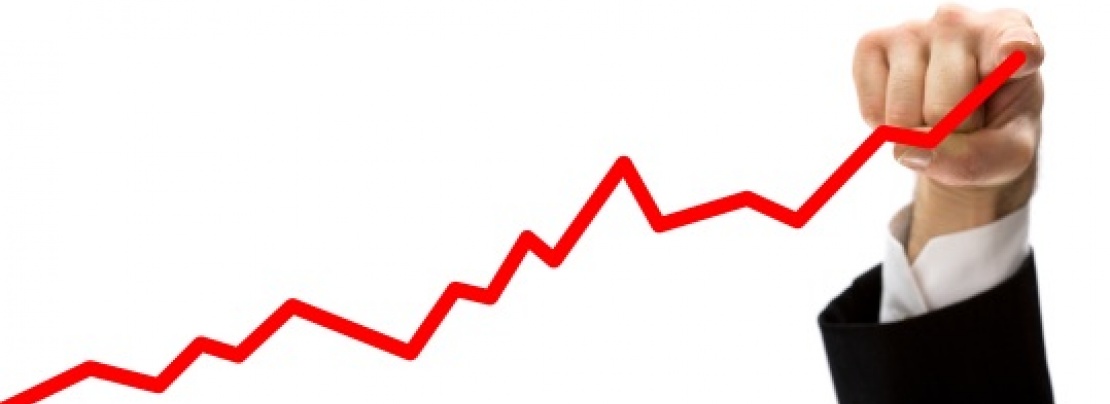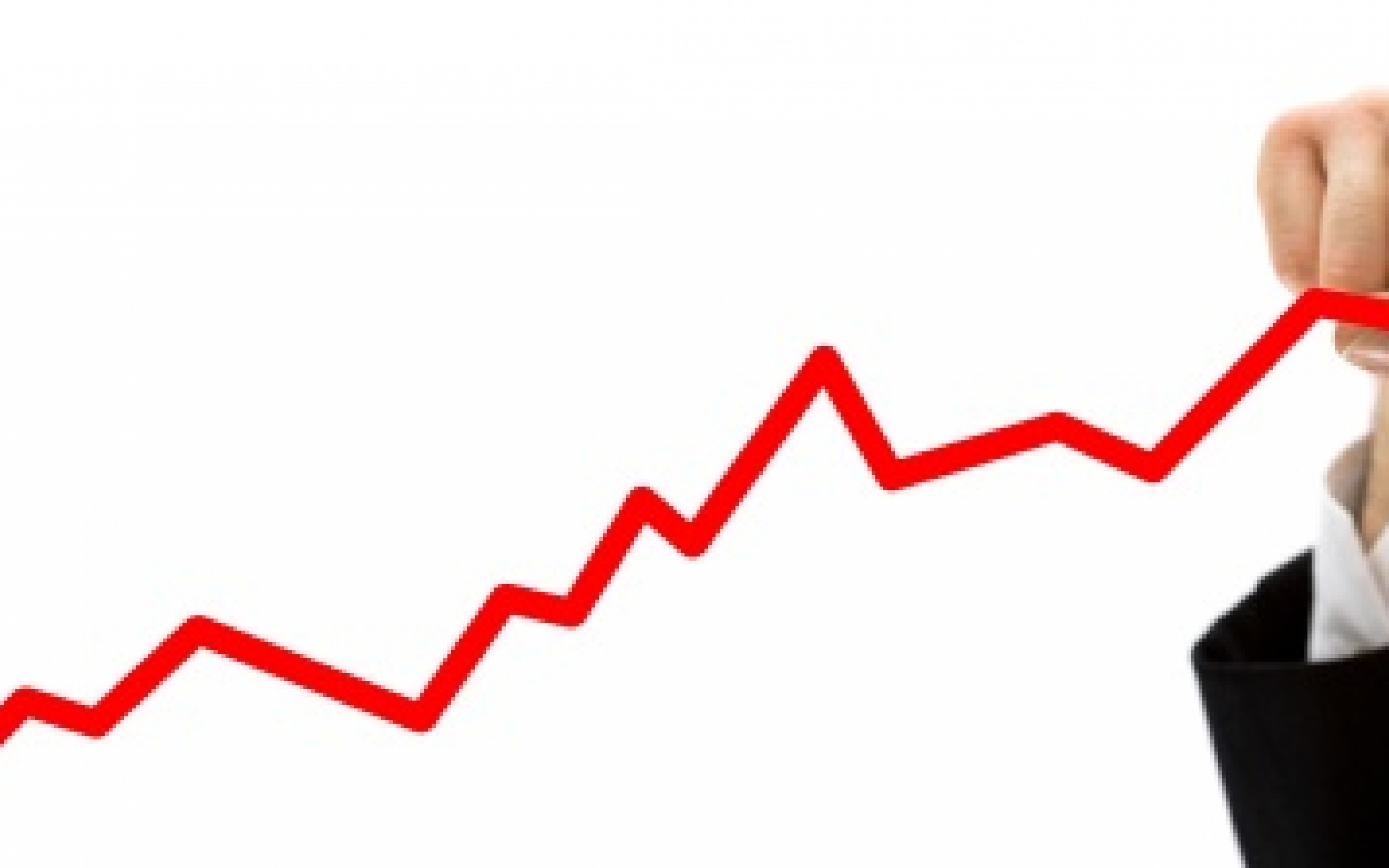Sign up for our mailing list to receive company updates, industry news, and more.

Like many industries, the insurance marketplace goes through cycles of rising and falling rates, known as hard and soft market cycles. Hard markets are characterized by higher premiums, strict underwriting practices, less competition among insurance companies, and reduced insurance availability. Conversely, soft market cycles generally bring lower premiums, increased competition, relaxed underwriting guidelines, and capacity for insurance companies to write more policies. While the broader commercial insurance marketplace is in the midst of soft market conditions, the commercial auto product segment is entering a hard market cycle. There are many factors that have caused this shift to a harder market, including historically underpriced rates, increases in claims frequency and severity, and increased litigation expenses.
The commercial auto market experienced its fifth straight year of underwriting losses in 2015, leading Fitch Ratings to categorize it as “…a chronically underperforming product segment.” Industry experts believe that commercial auto rates have been underpriced for the last 5-8 years, leading to inadequate claims reserves and a pool of underperforming risks. The results of this underpricing can be seen in insurer’s combined ratios. The combined ratio is a measure of profitability used by insurance companies, and is calculated by taking the sum of incurred losses and expenses and dividing them by earned premium; a combined ratio under 100% indicates a profit, and anything over 100% indicates an underwriting loss. The commercial auto combined ratio was 109% in 2015, and has averaged 106% since 2011. The severity of these underwriting losses is a direct cause of hardening market conditions.
Another primary factor has been a prolonged period of increasing claims severity, caused by rising medical costs and a challenging legal environment. It has been reported that the persistence of injuries from a car or truck accident have been longer than average, leading to more lost days and a longer duration of time needed to settle a claim. This has led to higher claims payments and increased expenses for insurers. Claims frequency has also been impacted by things like distracted driving and increased activity on the roads due to lower fuel prices. It has also become much more costly to defend against lawsuits, as plaintiff’s attorneys have become more aggressive in going after for-hire motor carriers.
All of this leads to a commercial auto insurance landscape that requires insurance companies to raise rates in order to better prepare for rising claims costs in the future. Passenger transportation companies should anticipate higher premiums moving forward, and should also be prepared to provide more detailed information on financials and safety programs.
While you should be prepared for challenging renewals, there are several things you can do to help minimize the impact of this hard cycle. As underwriting guidelines become more restrictive, it is extremely important that you review your safety programs and ensure that they are updated, implemented, and monitored throughout your business. This includes taking a more comprehensive approach to managing your business risks and tracking claim activity closely.
A silver lining may be that these hard market cycles do not last very long. In a given 10 year period, hard market conditions may exist for only 1-2 years. It is important to work with a capable broker during these periods to ensure that all options are available to you. Research Underwriters has relationships with many of the leading insurance companies that specialize in passenger transportation, and we are able to leverage our resources and our access to markets to provide our clients with the most competitive insurance programs during hard market cycles.
Get a Fast, Free Consultation
Our knowledgeable staff will review your insurance needs and provide you with a free, no obligation quote.
![]() Prefer to talk to a real, live person?
Prefer to talk to a real, live person?
Give us a call at 1-800-727-3732

